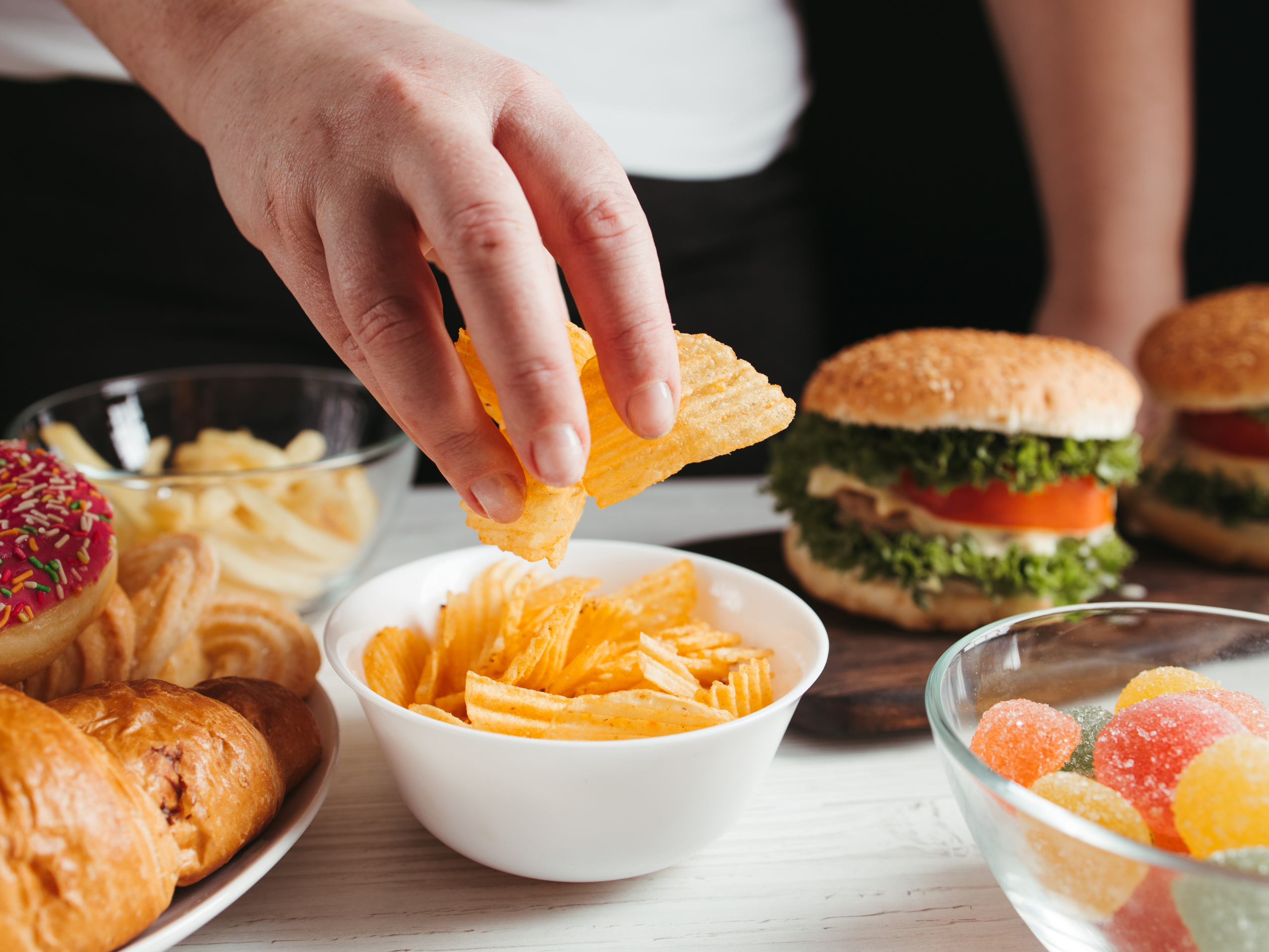Part 1: Diabetes and Overeating
Diabetes and overeating – should we be worried? Can individuals with diabetes treat themselves occasionally without guilt? Understanding the delicate balance between diet, weight, and diabetes is key to effective management.
When we enjoy our meals, our bodies use some of the calories for energy. But when we overindulge, especially in high-calorie treats, the surplus gets stored as fat. This extra fat, particularly around the belly (visceral fat), can lead to obesity, a major risk factor for type 2 diabetes. Moreover, indulging too much, especially in carb-rich foods, can cause blood sugar spikes, which when sustained over the long term, increases the risk of diabetes-related complications.
Moderation is the name of the game for those with diabetes. Even occasional treats should be enjoyed mindfully, considering their impact on blood sugar levels. Keeping an eye on what we eat and maintaining a healthy weight are essential for keeping diabetes in check.

Obesity increases the risk of type 2 diabetes. Excess body fat, especially visceral fat, interrupts normal metabolic function, leading to insulin resistance and, eventually, type 2 diabetes. So, keeping our weight in check through a balanced diet and regular exercise is crucial for preventing diabetes.
To avoid overindulging, try some mindful eating tips, like savouring each bite and eating slowly. Load up on fibre-rich and protein-rich foods to feel full longer. Planning meals ahead and staying hydrated can also help curb those cravings. And don’t forget the importance of good sleep and stress management, which can help to keep those late-night snack attacks at bay!
For those inevitable moments of overindulgence, managing blood sugar (glucose) levels promptly is key. Understanding how to adjust insulin or medication doses under medical guidance may be necessary. Going for a walk after meals or increasing physical activity to counter the overindulgence helps to keep blood glucose levels and weight gain in check. Taking a moment to reflect on what btriggered the overeating can help prevent it from happening again.
Part 2: Diabetes and Weight Control
For individuals with type 2 diabetes, even a small amount of weight loss can make a big difference. Aim for a 5-10% reduction in body weight to boost insulin sensitivity. And for those struggling with obesity, significant weight loss, around 10-15 kg, can even put type 2 diabetes into remission, where glucose levels are maintained at a normal healthy range without needing any diabetes medications.
Diabetes medications may have a differing impact on weight. Certain diabetes medications may result in weight gain, while others, like metformin and DPP-4 inhibitors, are weight-neutral. Aside from improving blood glucose levels, certain medications may even have the additional benefit of promoting weight loss —SGLT2 inhibitors and GLP1 receptor agonists. They help shed those extra kilos in different ways, from increasing glucose excretion to suppressing appetite and making us feel full faster.

SGLT2 inhibitors inhibit glucose and sodium reabsorption in the kidneys, leading to increased glucose excretion in the urine and calorie loss. This modest weight loss typically ranges between 2-3 kg.
On the other hand, GLP1 receptor agonists mimic the action of the hormone GLP1, which our intestines naturally produce. These medications slow the movement of food from the stomach into the small intestine, making us feel full faster and for longer. They also stimulate the body to produce more insulin in response to blood glucose rise after a meal, lowering blood glucose levels.
Additionally, GLP-1 affects areas of the brain that process hunger and fullness, reducing appetite. All these combined effects result in weight loss and blood glucose control in people living with type 2 diabetes. GLP1-RAs can lead to weight loss ranging from 5-15% of current body weight, depending on the dose.
Medical weight loss and obesity management are critical components of diabetes care. Healthcare providers can tailor treatment plans to include these strategies, along with lifestyle modifications, to achieve optimal outcomes.
It’s important to chat with your healthcare provider before making any changes to your medication. Each type has its own benefits and potential side effects, so it’s best to get some personalised advice.

In a nutshell, keeping a healthy weight is crucial for managing diabetes. Significant weight loss, especially in the beginning stages, can even lead to diabetes remission. While lifestyle changes are the bedrock, newer medications offer some exciting options for weight management. But remember, it’s all about finding what works best for you.
Understanding how diet, weight, and diabetes interact empowers us to make informed choices, leading to better management and a happier, healthier life.
Written by Dr Ester Yeoh, Senior Consultant Endocrinologist at Aspen Diabetes & Endocrine Clinic
Reference: https://aspenendocrine.com/exploring-the-connection-between-diabetes-and-overeating/




















